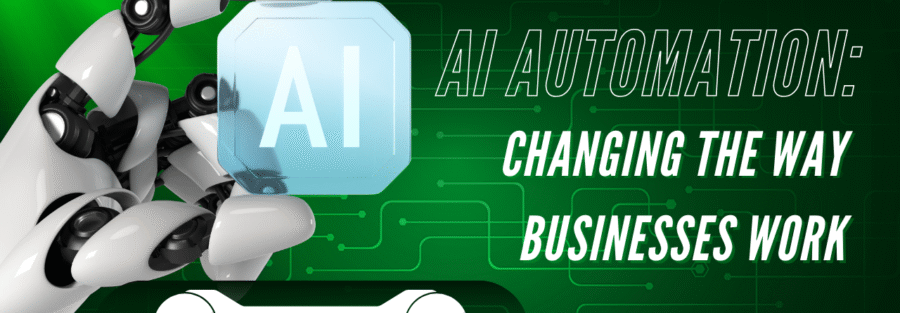How AI Automation is Transforming Business Productivity
Table of Contents
Introduction: Work Smarter, Not Harder
In today’s competitive business landscape, every company strives to save time, reduce costs, and maximize output. Yet, countless hours are wasted on repetitive tasks that do little to advance business goals. This is where AI automation comes in—transforming the way organizations operate by streamlining routine work.
Think of AI as a digital teammate: it handles mundane, repetitive jobs so your team can focus on high-value, strategic activities. From answering customer questions to generating reports or scheduling marketing campaigns, AI tools are making work faster, smarter, and more efficient than ever before.
AI automation doesn’t just enhance operational efficiency; it empowers businesses to innovate, grow, and stay ahead of competitors.
Understanding AI Automation
AI automation is the combination of artificial intelligence and automation technologies. While traditional automation executes tasks based on predefined rules—such as transferring data from one system to another—AI brings intelligence to the process.
AI systems can learn from data, recognize patterns, and make decisions over time. This means businesses no longer have to rely solely on manual processes or static automation workflows.
Some common examples of AI automation include:
- Chatbots that instantly answer customer inquiries.
- Email automation tools that deliver campaigns at optimal times.
- Accounting software that detects anomalies and flags errors automatically.
- AI-powered analytics that provide insights from large datasets.
In essence, AI automation frees humans from repetitive, low-value tasks so they can focus on creative and strategic responsibilities.
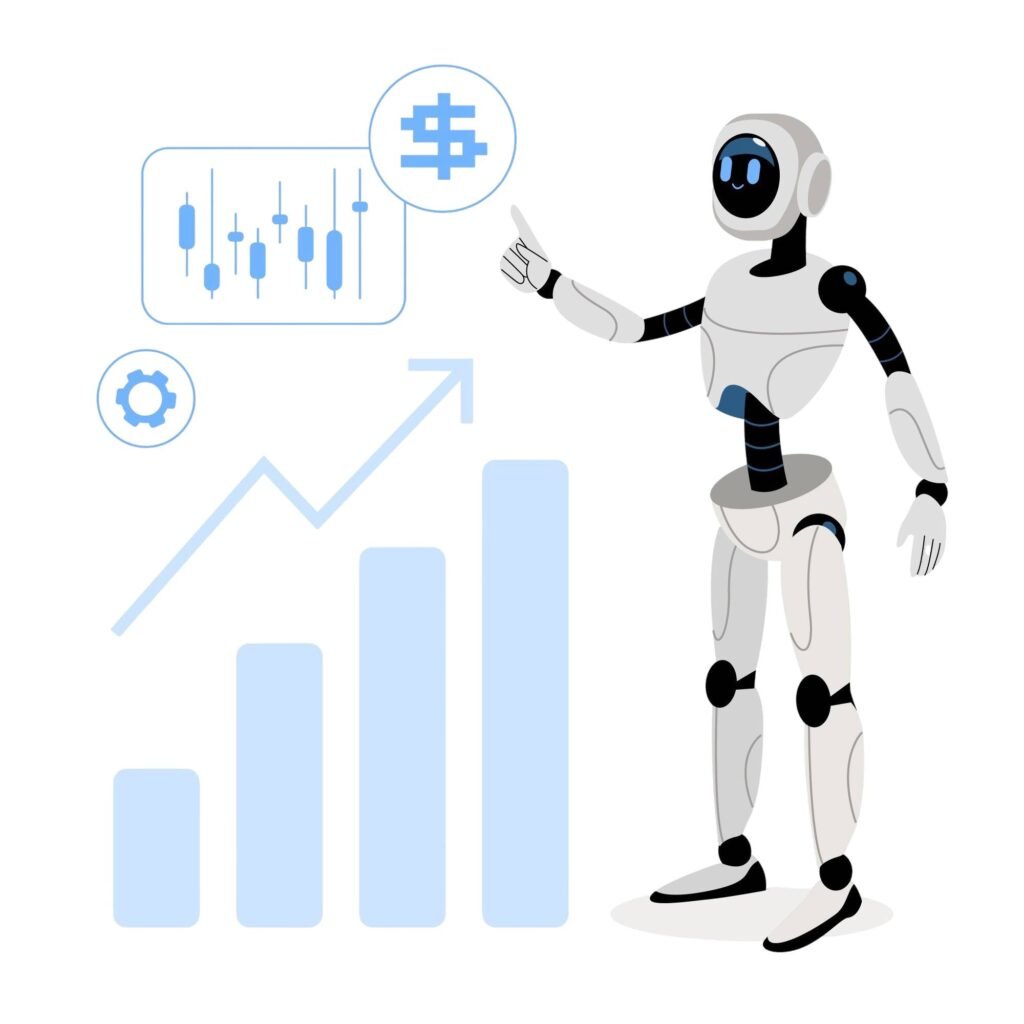
Why Businesses Are Embracing AI Automation
Businesses are adopting AI automation because it delivers measurable and immediate benefits:
Time Savings – Repetitive tasks are completed instantly, freeing up employee time.
Cost Reduction – Less manual labor is needed, reducing operational expenses.
Accuracy – Human error in finance, data entry, and reporting is minimized.
Increased Productivity – Teams can focus on growth, innovation, and strategy.
Enhanced Customer Experience – AI enables instant responses and personalized services.
By integrating AI into daily operations, businesses can achieve more with fewer resources.
AI Automation in Marketing
Marketing is fast-paced, requiring constant engagement and content creation. AI automation allows teams to:
- Schedule social media posts automatically across multiple platforms.
- Personalize email campaigns based on user behavior and preferences.
- Generate content for blogs, newsletters, and advertisements using AI content writers.
- Optimize ad spending in real time to maximize ROI.
With AI, marketing teams can focus on strategy and creativity instead of juggling repetitive tasks, ultimately leading to campaigns that convert better and reach the right audience at the right time.
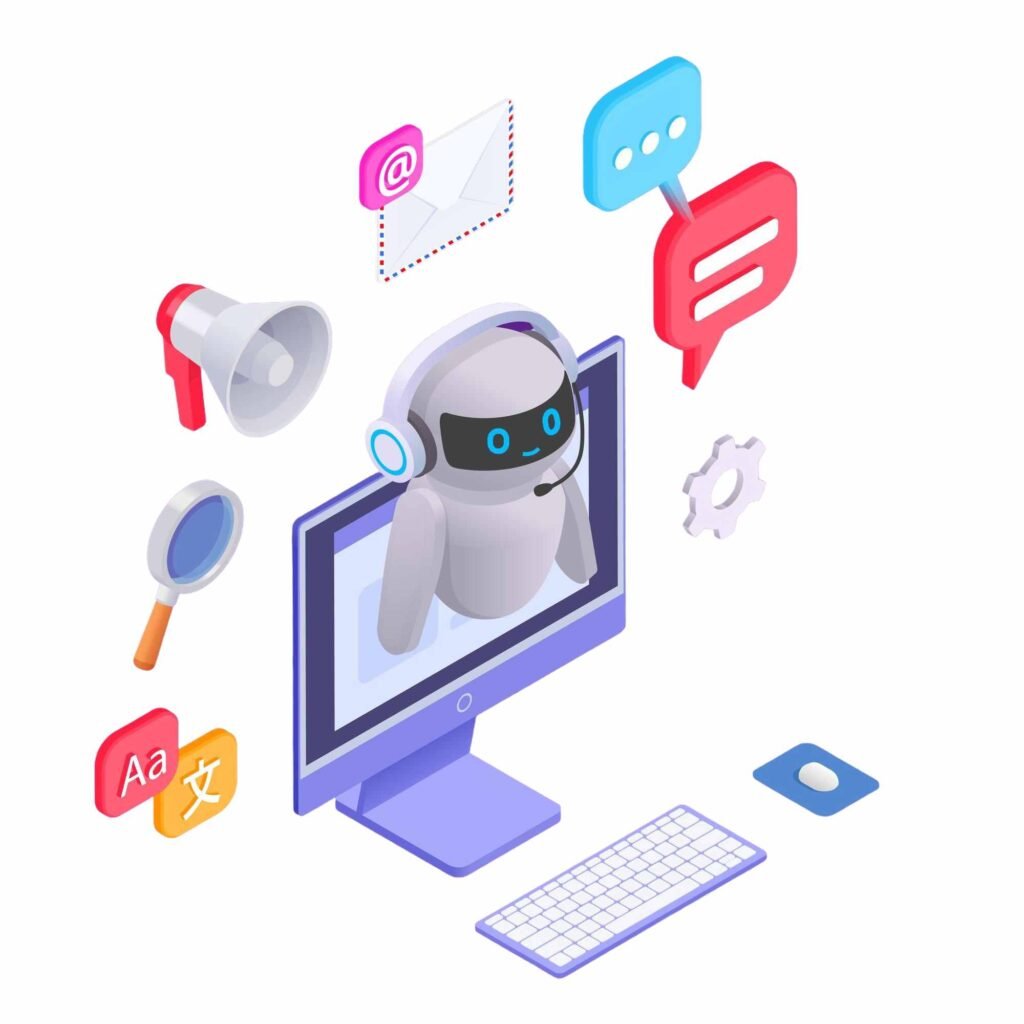
AI Automation in Customer Service
Customer service often involves repetitive questions, long wait times, and stressful workflows for support teams. AI changes this by:
- Handling routine inquiries 24/7 with chatbots.
- Detecting customer sentiment and adjusting responses accordingly.
- Escalating complex issues to human agents instantly.
The benefits are clear: faster responses, higher customer satisfaction, and reduced employee stress, which translates to stronger customer loyalty.
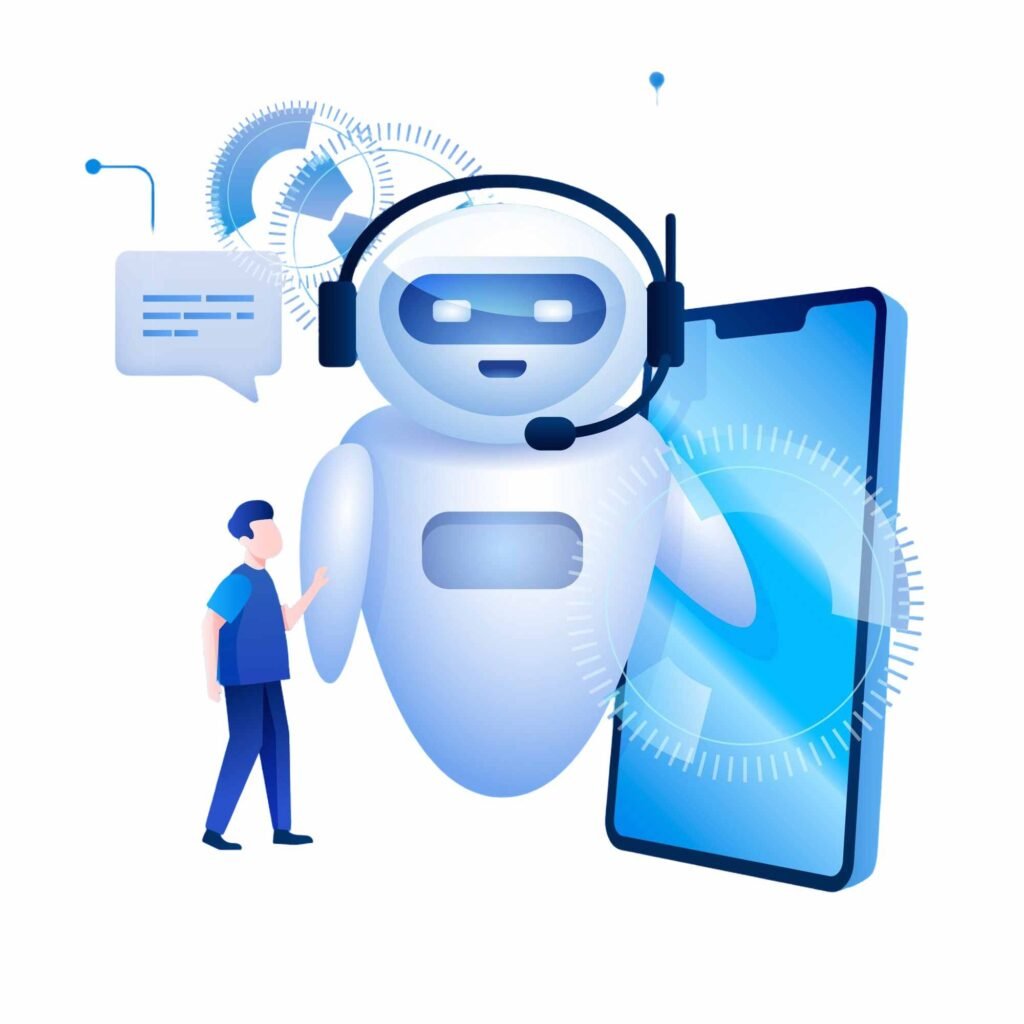
AI Automation in Finance
Finance is critical and demands precision. AI automation enhances financial operations by:
- Tracking expenses and reconciling accounts automatically.
- Detecting unusual transactions or potential fraud in real time.
- Updating dashboards and financial reports instantly, providing accurate insights.
This allows finance teams to focus on strategic planning, forecasting, and decision-making, rather than repetitive data entry or manual audits.
AI Automation for HR and Recruitment
Hiring and employee management can be time-consuming and repetitive. AI streamlines HR operations:
- Screening resumes and ranking top candidates automatically.
- Chatbots handling applicant questions to speed up initial communications.
- Automating payroll, benefits, and onboarding workflows.

By implementing AI, HR teams can focus on employee engagement, workplace culture, and retention, while hiring processes become faster and more efficient.
AI Automation in Project Management
Poor communication and missed deadlines can derail projects. AI-powered project management tools like Asana, ClickUp, and Monday.com help teams stay organized by:
- Assigning tasks automatically based on workload and priorities.
- Sending reminders before deadlines or milestones.
- Identifying delays early and recommending corrective actions.
This ensures that teams meet deadlines, stay aligned, and collaborate effectively without constant manual oversight.
AI Automation for Small Businesses
AI isn’t just for large enterprises. Affordable AI tools now empower small businesses and startups to compete:
- Grammarly for professional writing and editing.
- Zapier to automate workflows across multiple apps.
- Trello automation for efficient project tracking.
- Mailchimp AI for smarter email marketing campaigns.
Small teams can now leverage advanced automation tools without high costs, leveling the playing field with larger competitors.
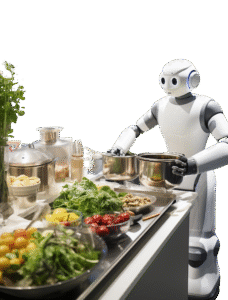
How AI Automation Boosts Productivity
AI automation directly enhances productivity by:
- Handling repetitive tasks, reducing wasted effort.
- Freeing employees to focus on strategic and creative work.
- Providing actionable insights that humans might overlook.
- Supporting collaboration by recommending smarter workflows.
The result? Teams spend less time on low-value tasks and more time driving business growth.
Everyday Examples of AI Automation
AI automation is already integrated into daily life and work:
- Amazon recommends products tailored to individual preferences.
- Netflix suggests shows based on your viewing history.
- Banks instantly flag unusual transactions.
- Healthcare apps automate appointment scheduling.
These examples show how AI is reshaping both personal experiences and business operations.
The Future of AI Automation
AI technology continues to evolve, promising even greater impact:
- Hyper-personalized customer experiences based on data insights.
- Predictive analytics that anticipate trends and behaviors.
- Fully automated campaigns that require minimal human oversight.
- AI-powered collaboration tools acting as digital colleagues.
Businesses that adopt AI today will gain a competitive edge, remaining agile and innovative in a rapidly changing market.
Conclusion: Embrace AI Automation Today
AI automation is no longer optional—it’s essential for modern business success. From marketing and customer service to finance, HR, and project management, AI saves time, reduces costs, and drives productivity.
The most significant advantage? Small businesses can leverage AI too. By delegating repetitive tasks to smart tools, teams can focus on growth, innovation, and delivering better customer experiences.
In a competitive world, working smarter with AI automation is not just an advantage—it’s a necessity.

